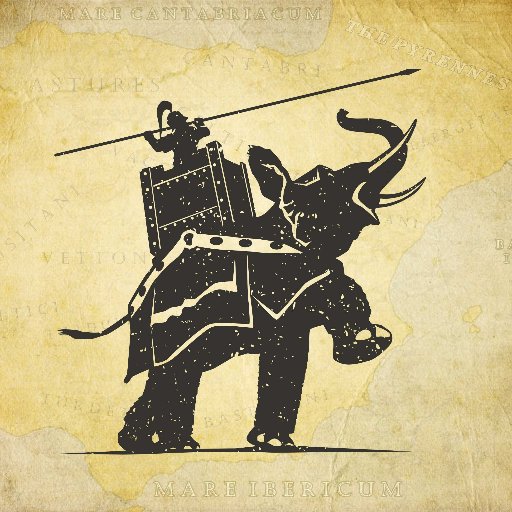Each Macedonian soldier of Philip II would have to carry arms and armour, rations, utensils, blankets, road-building tools, medical supplies, a thirty-day supply of flour and any personal possessions in a backpack. Altogether this weighed c.40kg
Artwork by © Johnny Shumate
On his deathbed Alexander the Great had handed his signet to Perdiccas, his highest-ranking subordinate. It provided Perdiccas a degree of authority among the generals and fuelled his ambitions in the post-Alexander world. But it also stoked the embers for bitter rivalry
For future orators the quality of Demosthenes' works and speeches he left behind became a major source of inspiration - to none more so than Cicero, Rome's answer to Demosthenes. After death, Demosthenes became the epitome of Athenian virtue
Several cases of 1on1, general vs general combat are reported in the aftermath of Alexander the Great's death: Eumenes vs Neoptolemus, Lysimachus vs Seleucus and Pyrrhus vs Pantauchus
By 323 BC the number of Asian battalions in Alexander the Great's army far outnumbered the Macedonian contingents in size and strength. Among them were some of the finest cavalrymen in the whole of Asia, hailing from noble Oriental families
Artwork by © Johnny Shumate
Some argue Alexander the Great decided on crossing the Gedrosian Desert because of the man’s pothos, his desire to outdo all before him or out of revenge for his troops’ earlier mutiny in India. Yet others believe Alexander simply made a mistake in his logistical planning.
While he was marching the 10,000 out of Asia some 50 years before, Xenophon had decided to burn his wagons to lighten his army's load. This greatly increased the speed and mobility of his force and was vital to the success of his march to the sea.
Artwork by © Johnny Shumate.
Scholars debate whether Philip’s Companions also had a small shield like the pelta of his Macedonian infantrymen. Whether this is the case or not, it appears they discarded it by the time of Alexander’s crossing into Asia in 334 BC
Artwork by © Johnny Shumate
The satrapy of Hellespontine Phrygia. This region was of vital, strategic importance as it controlled the Hellespont (Dardanelles), the gateway between Europe and Asia
Each Macedonian soldier of Philip II would have to carry arms and armour, rations, utensils, blankets, road-building tools, medical supplies, a thirty-day supply of flour and any personal possessions in a backpack. Altogether this weighed c.40kg.
Artwork by © Johnny Shumate











